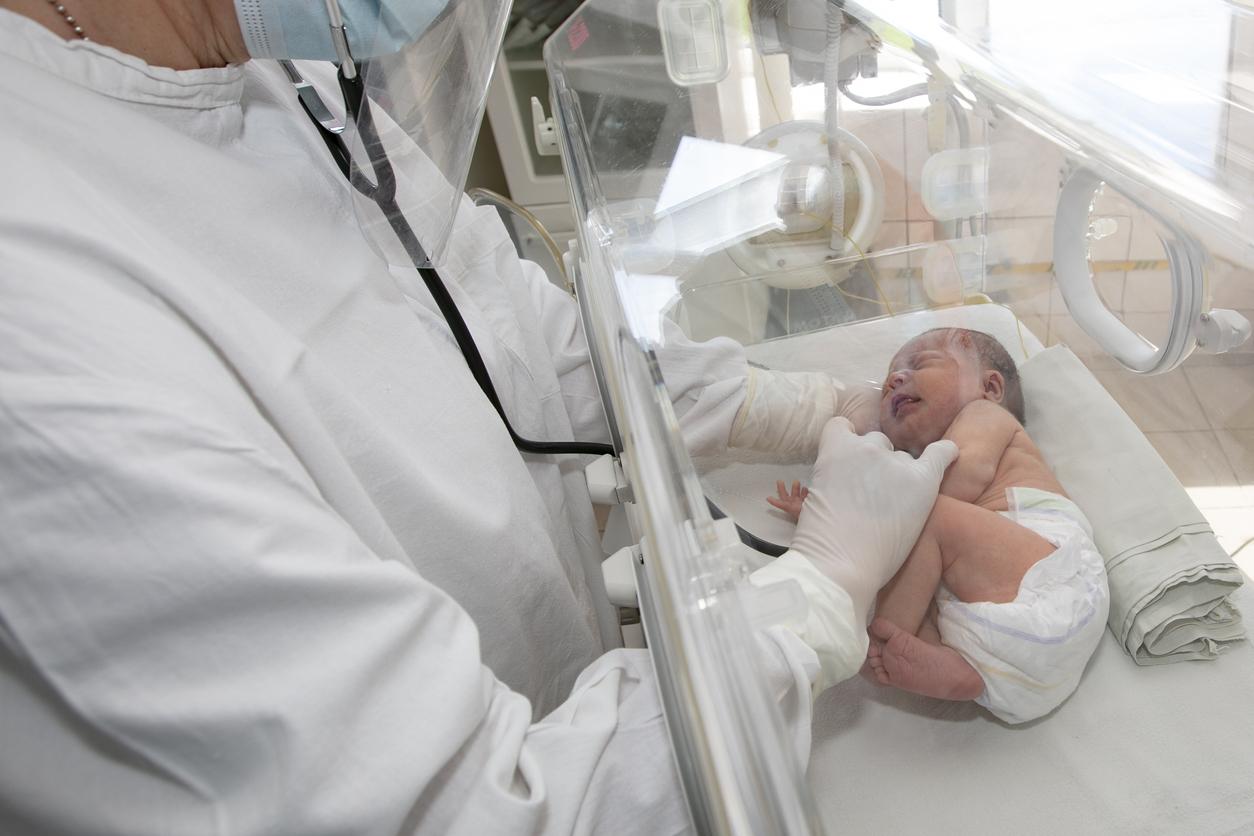American researchers have developed a drug that could protect newborns from retinopathy of prematurity, an eye disease responsible for abnormal development of the vessels of the retina.

- Retinopathy of prematurity characterizes an eye disorder responsible for abnormal development of the vessels of the retina.
- In the most severe cases, retinopathy of prematurity can lead to blindness in premature babies.
- American researchers have developed a drug that could stop the production of obstructive vessels linked to retinopathy of prematurity.
At birth, the development of retinal blood vessels is normally complete in an infant. During a premature birth, the retina, which is still immature, may however present with retinopathy of prematurity, an eye disorder responsible for abnormal development of the vessels of the retina. This anomaly can lead to blindness in the most severe cases.
A drug that blocks the abnormal development of blood vessels in the retina
In a recent study published in the Journal of Neuroinflammationresearchers from the Medical College of Georgia (USA) have created a new drug that can block the development of obstructive blood vessels in the retina.
During this research, scientists discovered that a small molecule called K604, manages to stop the production of obstructive and leaky vessels in the retina, reduce inflammation and promote normal growth of vessels in the retina. According to the authors of the study, this molecule therefore improves the vision of premature babies.
Retinopathy of prematurity: un clinical trial soon to be conducted on babies
The researchers found that the K604 molecule blocks acyl-Coenzyme A (ACAT1), an enzyme, which converts free cholesterol and long-chain fatty acids into cholesterol esters, i.e. pieces of cholesterol smaller ones easily eliminated by the liver. “In premature babies, hypoxia [ndlr le manque d’oxygène] what their retinas are going through can lead to the formation of dysfunctional blood vessels in the eye and lead to an accumulation of lipids, fats and these cholesterol esters”explained Modesto A. Rojas, a vascular biologist in the Department of Pharmacology and Toxicology at the Medical College of Georgia.
Once the ACAT1 enzyme was blocked by the K604 molecule, the scientists observed a reduction in abnormal blood vessels, which indicates the key role of cholesterol in infant retinopathy. “Next steps should include a clinical trial in babies with K604, which is known to be safe in humans and helps dissolve leaky obstructive blood vessels, clearing the way for normal vessels (…) This drug is very safe”noted Modesto A. Rojas.














